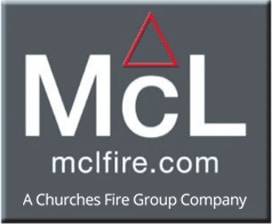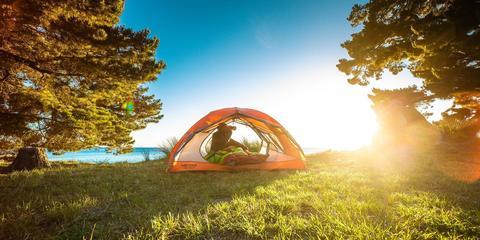As part of our Summer Safety Week we will be releasing a new blog each day to help you keep safe this summer. We are starting the week of with some Tent Safety tips
A fire can destroy a tent in less than 60 seconds and In the UK, on average 27,000 fires are started on grass, heathland and moorland every year. This is an average of 73 fires every day!
Here is some advice to make sure you are safe in your tent whilst you are camping!
Tents
- Do not smoke inside tents. Never use candles in or near a tent – torches are safer
- Make sure everyone knows how to put out clothing that’s on fire- stop, drop and roll
- Make sure you know how to escape by cutting your way out of the tent if there’s a fire
- Allow at least 6m spacing between tents and caravans and ensure they are away from parked cars to reduce the risk of fire spreading
- Keep cooking appliances away from the tent walls and never cook inside a small tent or near flammable materials or long grass; they can all set alight easily
- Oil burning appliances are not recommended
- Make sure your camping light and stove are clean and properly adjusted
- Never take a portable barbecue or lit charcoal into an enclosed space like a tent
- Make sure exhaust gases from generators are properly vented away from occupied areas.
Take a carbon monoxide alarm with you
- ever take a barbecue into a tent awning, caravan or motorhome.Even a cooling barbecue gives off plenty of poisonous carbon monoxide (CO), which can kill.
- Never use a fuel-burning appliance to heat your tent or awning.Gas and kerosene heaters – unless they are permanently fitted in a caravan or motorhome – should only be used outside. Stoves and barbecues are designed for cooking not space heating.
- Never run a gas, petrol or diesel-powered generator inside a caravan, motorhome, tent or awning. Make sure fumes from a generator don’t blow into your unit or anyone else’s from outside either.
- Don’t cook inside your tent or awning
- Don’t use any other gas, charcoal, liquid or solid fuel appliances inside a tent or awning. Gas-powered fridges and lamps, for example, also need plenty of ventilation to prevent them producing poisonous carbon monoxide. Tents and awnings aren’t generally designed with this in mind.
- Consider using a carbon monoxide (CO) alarm, provided it is suitable for the condition you intend to use it, check with the supplier/manufacturer, though it should never be used as an alternative to the precautions above.


Recent Comments